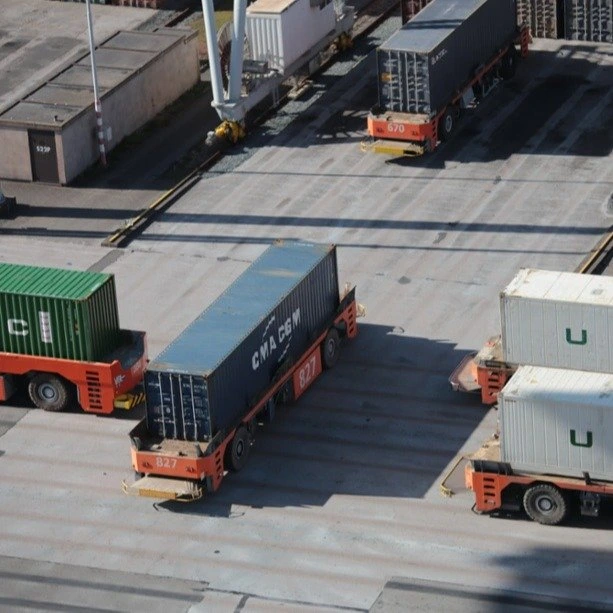As the Coronavirus and labor shortages continue to wreak havoc on supply chains, impacting both consumers and businesses alike, material shortages are becoming more and more noticeable across the U.S. and the world. As part of this, inflation has reached a 30-year high. Many materials are either waitlisted or unavailable, and shipping times have increased. With the holiday season upon us, mail carriers such as UPS, FedEx, and the U.S. Postal Service have released holiday shipping deadlines earlier than in prior years.
These bottlenecks are being caused by congested ports and other delivery challenges. Most retailers are not expecting full supply chain recovery until the summer of 2022. That’s why many companies are turning to asset tracking and monitoring systems to alleviate bottlenecks and increase efficiency. Here are a few ways that asset tracking can help solve your supply chain shortages.
Time-Saving
One of the biggest reasons for supply chain shortages is due to a lack of available workers. While there are steps employers can take to retain or increase their labor force, it’s important to be able to utilize the employees that you have right now.
One of the most obvious benefits that asset tracking provides for every supply chain is a drastic cut in time spent searching for things. Having a clear picture of where equipment and inventory is at any given moment allows limited staff to work more quickly. By automating asset tracking, you can reallocate staff to rely on real-time location data and gain more time completing valuable tasks.
In other words, not only does the right asset tracking system allow you to supply and check inventory quicker, but it could allow you to do it with fewer workers and less labor costs.
Transparency
Another factor creating supply chain shortages comes from a lack of knowing where supplies are and how long they are in any given place. This lack of transparency can lead to process inefficiencies throughout your supply chain.
Formulating the correct course of action has become easier through the power of blockchain technology. Such technology is useful in storing valuable asset information and data. The purpose of this digital network is to have a fully secure database that is traceable. When operators enter details into a blockchain, the quality of information improves through a minimal model of data. Because the history of each transaction remains in one spot, new levels of trust can be built among service providers, suppliers, and operators.
You might be asking yourself, “Should everyone in my supply chain use blockchain?” By enabling blockchain technology throughout your supply chain, you can ensure greater compliance, visibility and cost savings. If searching for an asset tracking system, ensure it incorporates blockchain technology, as those without it will eventually become obsolete.
Reducing Duplicated Data
Every transaction typically touches several systems, including enterprise resource management systems, sales forecasts, manufacturing resource planning systems, and financial systems. In many cases, information is also shared in parallel with systems owned by customers, partners, and suppliers. Throughout the entire process, data is used, reused, and duplicated. This creates latency and confusion.
Many companies and industries are realizing that asset tracking can play a vital role in streamlining supply chain data. That said, many companies fear that adding an asset tracking system will just lead to increases in duplicated data.
The key is choosing an asset tracking system that can integrate with existing systems through an API. This way, companies can take advantage of real-time data without the unnecessary complications caused by duplicate data.
Closing Thoughts
Supply chain shortages have come and gone throughout history. The question is, how can companies survive through them? With modern technology in place, supply chain issues are no longer as complex and difficult to resolve. More specifically, incorporating an asset tracking system into your workplace processes can help your company save time, increase supply chain transparency, and streamline data. For more information on how Link Labs can help, book a demo today.




